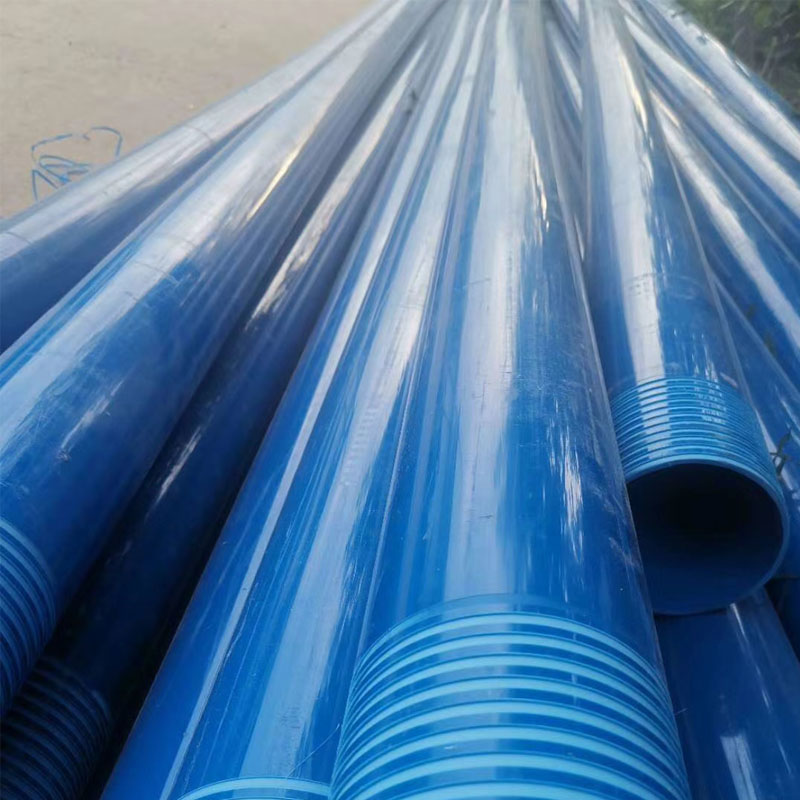Sep . 10, 2024 03:27 Back to list
High-Quality PPR Pipe Manufacturer | Durable & Eco-Friendly Solutions
The Use of PPR Pipe A Guide to Advantages and Applications
PPR (Polypropylene Random Copolymer) pipes have gained significant popularity in various construction and plumbing applications. As a leading solution in modern piping systems, PPR pipes offer numerous advantages, making them a preferred choice for both manufacturers and consumers. This article explores the key benefits of PPR pipes and their various applications in different industries.
Advantages of PPR Pipes
1. Corrosion Resistance One of the most notable features of PPR pipes is their resistance to corrosion. Unlike metal pipes, which can rust and degrade over time when exposed to water and air, PPR pipes maintain their integrity even in harsh conditions. This property significantly extends the lifespan of the piping system, reducing the need for frequent replacements.
2. Lightweight and Easy to Install PPR pipes are considerably lighter than traditional materials like PVC or metal. This attribute makes them easier to handle and transport, thus reducing labor costs and installation time. The ease of installation also translates to decreased disruption on-site, making PPR a favored option for both residential and commercial projects.
3. Thermal Stability PPR pipes can withstand high temperatures, making them suitable for hot water applications. They have a high thermal insulation quality, which minimizes heat loss and energy consumption during water transportation. This is particularly important in systems where energy efficiency is a concern.
4. Non-toxic and Environmentally Friendly As longevity is a crucial factor in sustainability, PPR pipes are made from non-toxic materials without harmful chemicals. Their production process emits fewer pollutants, and PPR is fully recyclable, making it an eco-friendly choice for modern plumbing systems.
5. Low Friction and High Flow Rates The smooth internal surface of PPR pipes reduces friction, which helps in achieving higher flow rates for fluids. This feature is especially beneficial in areas where efficient fluid transportation is essential, such as in irrigation systems and industrial applications.
use of ppr pipe manufacturer

Applications of PPR Pipes
PPR pipes are widely used in various sectors due to their versatility
- Plumbing Systems In residential and commercial buildings, PPR pipes are used for both hot and cold water supply systems. Their ability to handle high pressure and temperature makes them ideal for bathroom and kitchen installations.
- Heating Systems PPR pipes play a crucial role in radiant heating and cooling systems. Their thermal stability allows them to effectively transport heated or cooled water throughout a building.
- Industrial Applications Many industries, including chemical manufacturing, use PPR pipes for transporting liquids and gases. Their chemical resistance ensures that they can handle aggressive materials without degrading.
- Agricultural Use PPR pipes are also popular in agricultural irrigation systems. Their lightweight and durability facilitate easy installation and long-term use in various irrigation methods.
Conclusion
The use of PPR pipes is an excellent choice for those seeking a durable, efficient, and environmentally friendly piping solution. With their array of advantages and diverse applications, PPR pipes continue to be an essential component in modern construction and plumbing practices. Their growth in popularity is a testament to their effectiveness and reliability in meeting a wide range of needs.
-
High-Quality PVC Borehole Pipes Durable & Versatile Pipe Solutions
NewsJul.08,2025
-
High-Quality PVC Perforated Pipes for Efficient Drainage Leading Manufacturers & Factories
NewsJul.08,2025
-
High-Quality PVC Borehole Pipes Durable Pipe Solutions by Leading Manufacturer
NewsJul.08,2025
-
High-Quality PVC Borehole Pipes Reliable PVC Pipe Manufacturer Solutions
NewsJul.07,2025
-
High-Quality UPVC Drain Pipes Durable HDPE & Drain Pipe Solutions
NewsJul.07,2025
-
High-Quality Conduit Pipes & HDPE Conduit Fittings Manufacturer Reliable Factory Supply
NewsJul.06,2025

